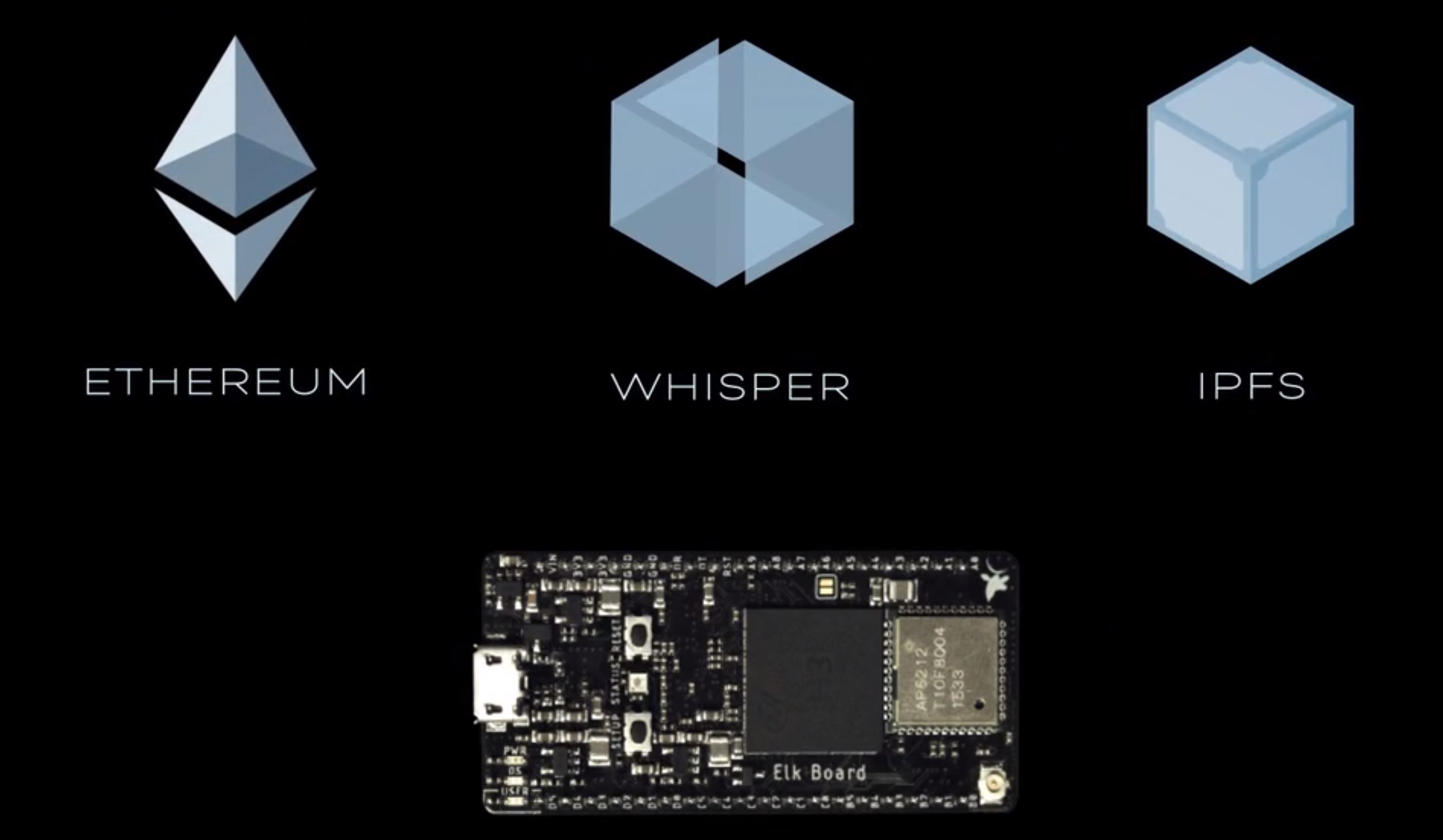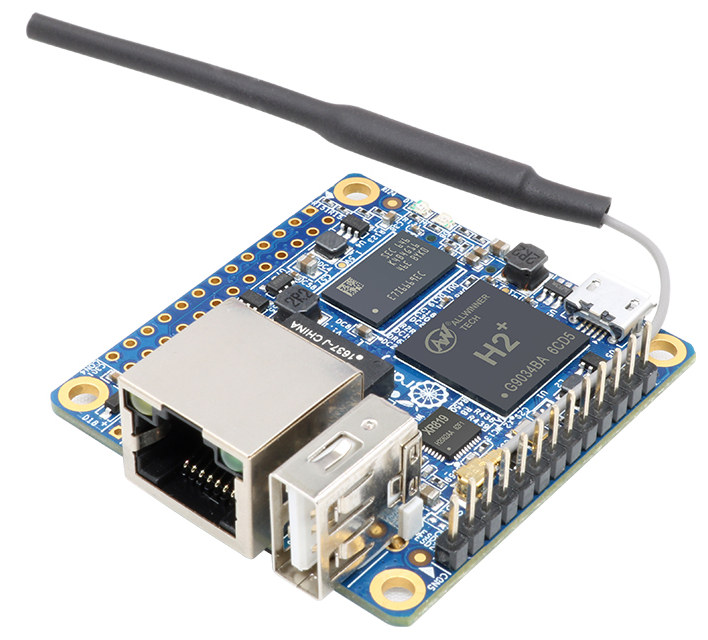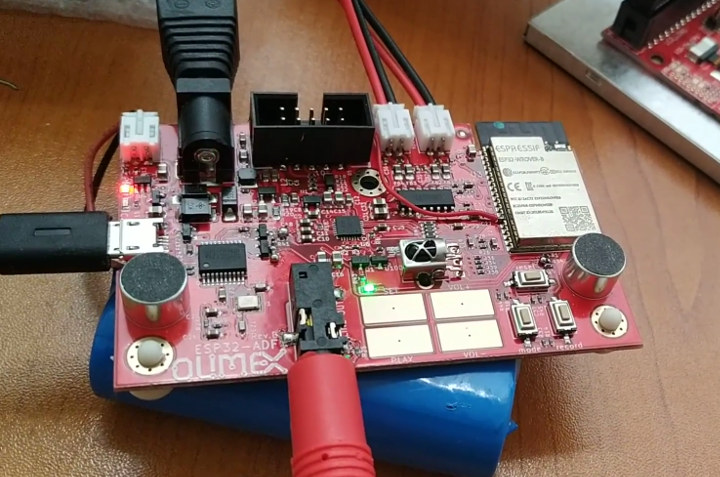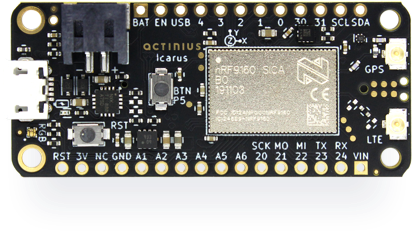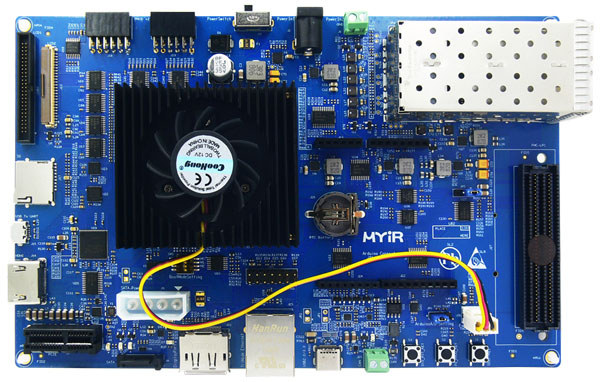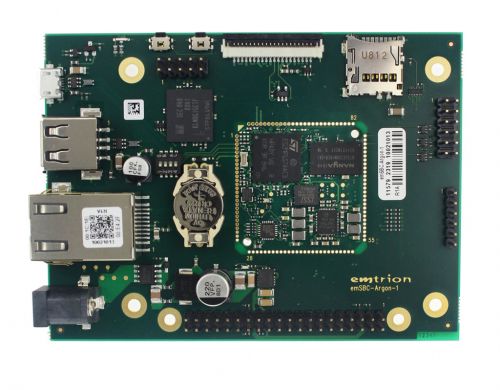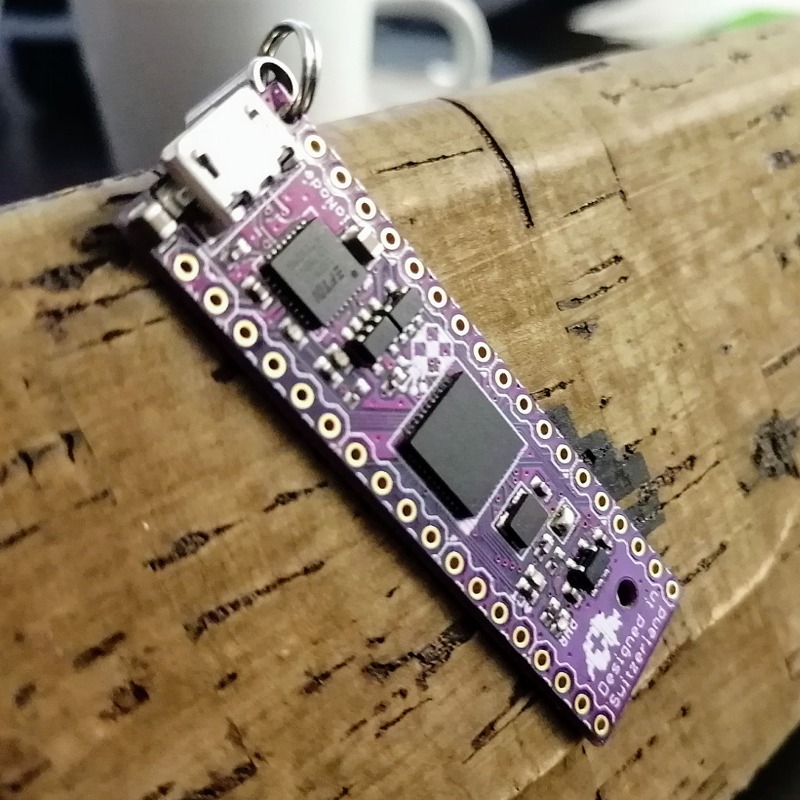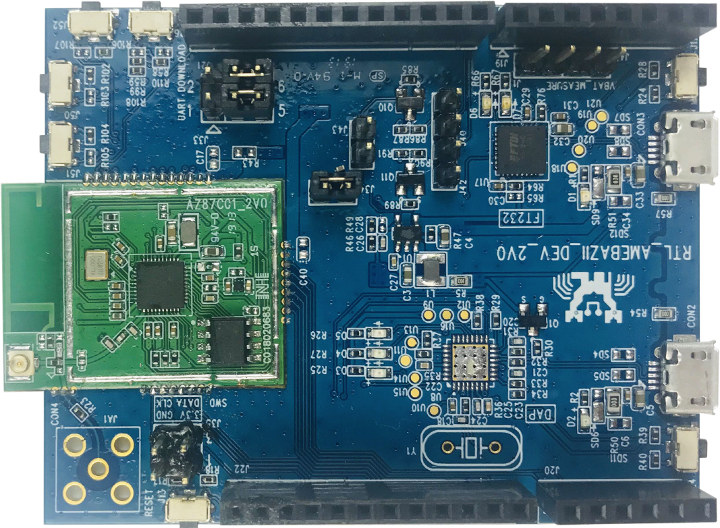Back in 2017, Bitcoin peaked at almost $20,000; many were pretty shocked about how this supposed virtual currency suddenly become a scare resource. It also brought limelight to the technology behind it Blockchain and the idea of Decentralized internet. Although the success of the cryptocurrency didn’t last that long, as it lost about 80 percent in a year and still categorized as one of the biggest bubbles in financial history. After the crash of Bitcoin and some other similar cryptocurrencies, a lot of people predicted that’s the end of the whole Blockchain thing, and the idea of Decentralized internet will not happen. The recently announced Facebook Libra, a new cryptocurrency by the American giant Facebook, shows that Blockchain and the Decentralized web isn’t going anywhere and will probably start growing stronger. Arduino made it possible for Artist, Makers, Engineers, Students to bring ideas to life and quickly make things easier. Now, […]
Orange Pi Zero LTS Allwinner H2+ SBC Gets More Efficient and Cooler
Orange Pi Zero is a cool little Arm Linux board based on Allwinner H2+ processor for headless applications requiring WiFi and/or Ethernet that was first launched in November 2016 for $7 and up. It was not launched without controversy, as first users had various issues with the Allwinner XR819 WiFi module, but I had no such problem when I made an Orange Pi Zero Google Assistant smart speaker. Nevertheless, Shenzhen Xunlong Software is about to launch a newer version of the board – Orange Pi Zero LTS -, with the same specifications, but improvements in the design in order to reduce power consumption, and lower the board’s temperature. As the name implies, the company will commit to long term support (i.e. long term availability) for the board, but they did not tell me for how many years. Orange Pi Zero LTS v1.5 specifications: SoC – Allwinner H2+ quad-core Cortex A7 […]
Olimex ESP32-ADF Board is Made for Smart Speakers, Internet Radios, VoIP Phones, and More
We’ve already covered several (smart) audio boards based on ESP32 WiSoC, including the Espressif’s own ESP32-LyraTD-MSC Audio Mic HDK, as well as third party boards such as TTGO TAudio or Seeed Studio ESP32-A1S all compatible with the company’s ESP-ADF (Audio Development Framework) compatible with Baidu DuerOS, Google Assistant and Amazon Alexa. Olimex ESP32-ADF adds another ESP32 audio option, and AFAIK the first one that is open source hardware, with two speakers, and a dual-microphone that enable projects such as Alexa smart speaker, internet radio receiver, or SiP VoIP phone. Olimex ESP32-ADF specifications: Wireless Module – ESP32-WROVER-B with 8MB PSRAM, 4MB Flash, WiFi 4 and Bluetooth 4.2 LE Audio Stereo microphones Stereo 2x3W speakers with amplifier Audio output jack Display – UEXT connector for optional 2.8″ LCD display USB – 1x micro USB port for power supply and programming Misc – IR receiver, 4x touch buttons, 3x tactile buttons Build-in programmer […]
Icarus IoT Board Features nRF9160 GPS + NB-IoT SiP in Adafruit Feather Form Factor
The new Icarus IoT board from Actinius, uses the Nordic nRF9160 SiP, a powerful yet low power system in a package designed for use with GPS and LTE-M & NB-IoT cellular data, also found in Ruuvi node which we covered a few months ago. The board’s purpose is for mobility and ease of project tracking anywhere, and can be found in application scenarios such as fleet management and security, cargo tracking, or asset monitoring, and many more. The board has power inputs for solar panel, USB or LiPo/Li-Ion Battery, which widens the boards mobile nature, and on-site, in-the-field capability. Since the form factor follows Adafruit Feather, the Icarus board benefits of additional component options for prototyping and DIY electronics projects. The nRF9160, by Nordic Semiconductor, is a SiP (System in a Package) that carries an extensive line of embedded software and hardware. As we had reported the nRF9160 SiP low-power […]
MYIR Announces Xilinx Zynq UltraScale+ MPSoC SoM and Development Board
MYIR Technology has been selling Xilinx Zynq-7000 FPGA + Arm systems-on-module since 2016, but the Chinese company has now announced new modules based on the more powerful Xilinx Zynq Ultrascale+ MPSoC with Arm Cortex-A53 cores, Arm Cortex-R5 cores, and Ultrascale FPGA fabric, as well as a corresponding development board. MYC-CZU3EG Zynq UltraScale+ MPSoC CPU Module CPU module specifications: MPSoC – Xilinx Zynq UltraScale+ XCZU3EG-1SFVC784E (ZU3EG, 784 Pin Package) MPSoC with quad-core Arm Cortex-A53 processor @ 1.2 GHz, dual-core Cortex-R5 processor @ 600 MHz, Arm Mali-400MP2 GPU, and 16nm FinFET+ FPGA fabric (154K logic cells, 7.6 Mb memory, 728 DSP slices) System Memory – 4GB DDR4 @ 2,400MHz Storage – 4GB eMMC Flash, 128MB QSPI Flash On-module chips Gigabit Ethernet PHY USB PHY Intel Power Module Clock Generator 2x Samtec 0.5mm pitch 160-pin high-speed headers bringing out Networking – Gigabit Ethernet USB – USB 2.0 interface 4x PS GTR transceivers along with […]
Emtrion emSBC-Argon Features STM32MP1 Dual Cortex-A7 / M4 Processor
The latest board to use the STM32MP1 dual Cortex-A7 and the Cortex-M4 processor is the Emtrion emSBC-Argon, which adds to SBC’s such as the PanGu Board. The emSBC-Argon, is a powerful yet reasonably priced SBC that is feature-rich and out-of-the-box ready. The low-power needs of the board enable it to run real-time processing. Protocols such as PROFINET, EtherCAT, EtherNet/IP are all available and ready to run real-time processes and communication applications. Key Features: STM32MP157AAC processor from STMicroelectronics Arm Dual Cortex-A7 @ 650MHz – 2470 DMIPS Arm Cortex-M4 @ 200MHz – 250 DMIPS Co-processor: ARM Neon, FPU, and 3D GPU Operating system: Linux or Android Virtualization capable (Jailhouse) Up to 512 MB DDR3L SDRAM 8GByte (up to 64 GB) eMMC Flash Up to 8 MB of QSPI-NOR-Flash 2x FD-CAN 2.0 Dimensions: 104.5 x 77.5 mm The emSBC-Argon is capable of virtualization using Jailhouse, for those real-time functions that require breaking down […]
Dooba ioNode Microchip AVR Development Board Comes with a C programming SDK
The new Dooba ioNode development board is multifunctional and can be used for projects with space limits. The board features Microchip ATMEGA1284P AVR microcontroller, Dooba’s open-source embedded development ecosystem boasts of a variety of add-on modules which provide the board with increased functionality. These modules will work perfectly with the board and with any project that supports an SPI interface. Some of these add-on modules are: An Aecho MP3 player Nomad LiPo battery Inpad user input module MicroSD socket in SIP or DIP versions The development board is available with either male or female headers. It is also shipped with an IOPROTO prototyping board. You can also choose whether you want the headers already soldered on the top, bottom, or not soldered. The ioNode also features a USB port with USB-UART for programming. Specifications of the Dooba ioNode Core CPU Clock: 10MHz Flash: 128 Kb RAM: 16 Kb I/O 29x […]
Ameba Z2 IoT Board Features Realtek RTL8720CM Armv8-M KM4 Secure Wireless MCU
In 2016 we discovered Realtek Ameba wireless microcontrollers combining an Arm Cortex-M3 core with WiFi connectivity, and that could potentially become an ESP8266 competitor with modules selling for as low as $2. But the solution never really took off, because it was about the same price as ESP8266, and the latter already had a solid software ecosystem and community. But RealTek has now introduced a new Ameba Z2 IoT development board powered by RTL8720CM microcontroller featuring an Armv8-M KM4 core clocked at 100 MHz. What’s an Arm KM4 core you may ask? Seeed Studio informed me Arm and RealTek worked together on the KM4 core, so it looks like a custom Armv8-M microcontroller. Ameba Z2 IoT Development Board Ameba Z2 (ZII) specifications: Wireless MCU – Realtek RTL8720CM single core Armv8-M KM4 core @ 100MHz with 4.2MB internal RAM, WiFi and Bluetooth radios Storage – 2MB external flash on module Connectivity […]


